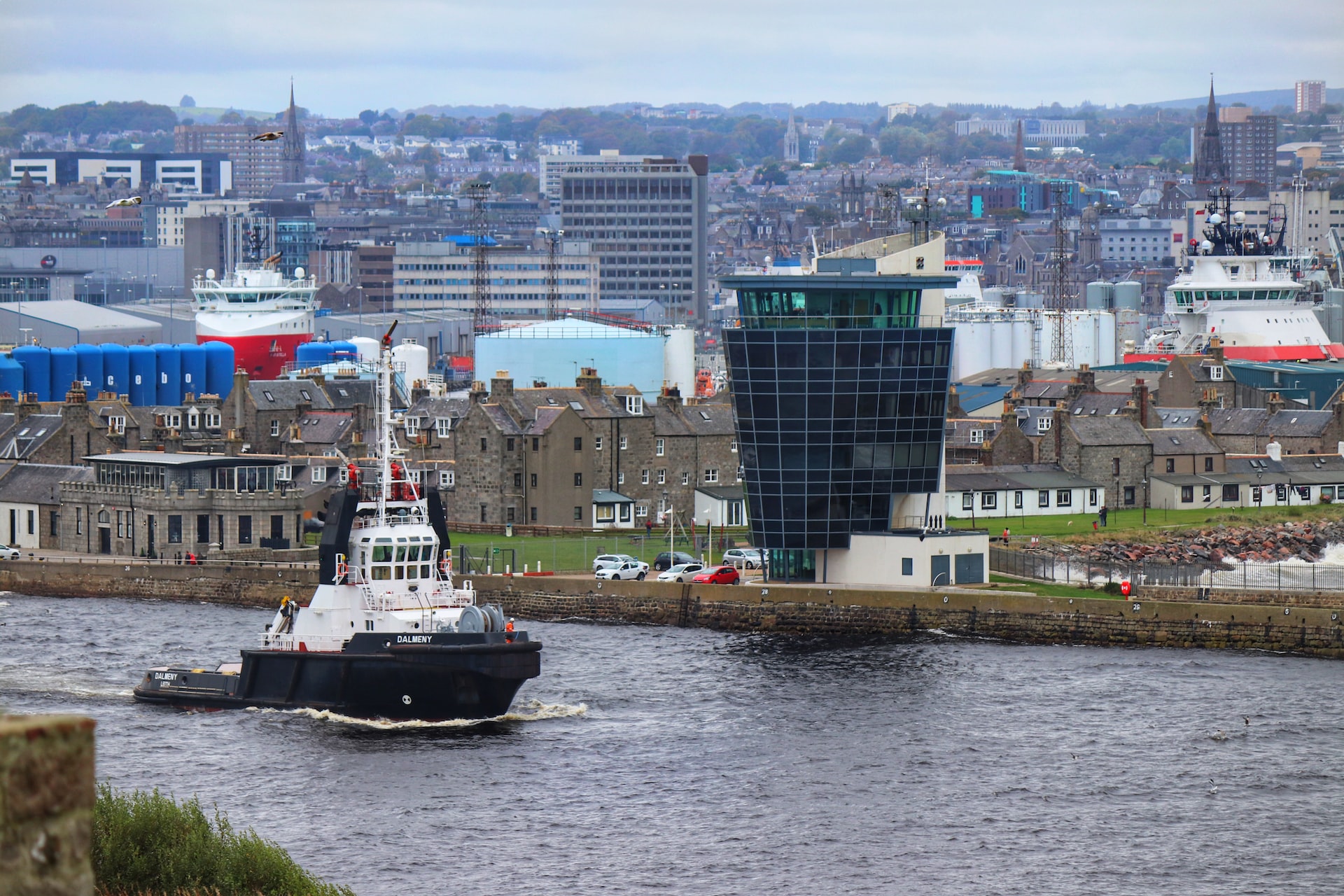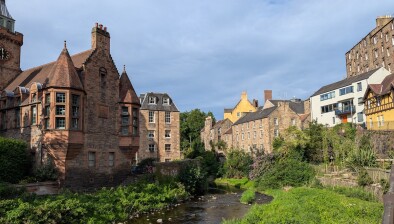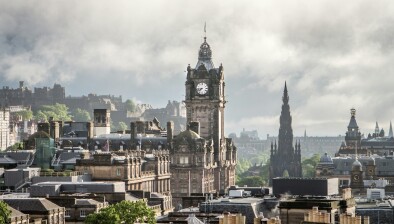FSB warns Aberdeen’s 7% Visitor Levy a ‘gamble’

The Federation of Small Businesses has warned Aberdeen’s Visitor Levy proposals represent a gamble with the city’s ambitions to establish itself as a leading tourist destination.
Responding to Aberdeen City Council’s consultation on its Visitor Levy plans, FSB said the proposed 7% levy would be among the highest in Europe and risk deterring tourists from visiting.
South Ayrshire and the Western Isles are among a growing number of local authorities who have paused their Visitor Levy plans amid concerns about the impact of a levy on the local tourist economy.
Mike Duncan, FSB development manager for north Scotland, said: “A 7% levy would be the most expensive so far proposed in Scotland and one of the very highest in Europe, more than Barcelona or Budapest, for example.
“Apart from the actual cost of the levy, Aberdeen needs to consider the perception this will create among potential visitors and whether this will put people off coming.
“The city quite rightly has ambitions to grow its visitor economy, but adopting a Visitor Levy at such a high rate represents a gamble with those ambitions.”
FSB Scotland highlighted a recent impact assessment commissioned by the Welsh Government, which found a visitor levy could reduce tourist numbers by up to 2.5% and cut visitor spending by as much as £35 million a year.
Mr Duncan said: “So-called tourist taxes might be common in major destinations around the world, but there is research to suggest some such charges may deter visitors and negatively affect the local economy. Accommodation providers we spoke to are concerned that might happen here.
“A Visitor Levy has the potential to deliver real benefits for Aberdeen, but only if it is implemented carefully. It could raise vital funds to support the local tourism industry and enhance the area as a destination, to the benefit of visitors, local businesses and residents alike.
“However, it is important any money that might be raised is used to fund additional services or infrastructure, not simply replace existing council spending.
“It is also crucial to appreciate one size most certainly does not fit all. What works in Glasgow, Edinburgh, Amsterdam or Berlin, for example, might be very different to what works for Aberdeen.
“That is particularly true when the neighbouring and nearby local authorities have yet to introduce a charge, and any local levy could place Aberdeen at a competitive disadvantage.”
FSB Scotland is also calling for small accommodation providers who are non-VAT registered to be exempt from collecting Aberdeen’s Visitor Levy due to the disproportionate impact it would have upon them.
It is also vital there is proper representation of small and micro businesses on the Visitor Levy Forum, which will help decide how the revenue raised will be spent, in line with their dominance in the sector, FSB added.
Mr Duncan added: “Aberdeen businesses deserve greater clarity on the levy’s likely effects. We are calling for a full Aberdeen-specific economic impact assessment, including a detailed examination of lower rates of Visitor Levy charge, to provide a clearer understanding of its potential impact.”







